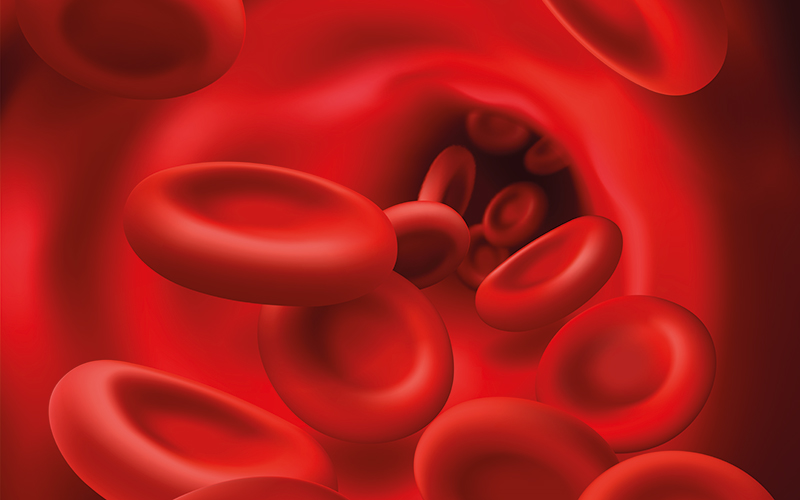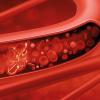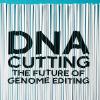New research shows blood tests used to hunt for cancer DNA may help detect cancers faster and guide the use of targeted therapies.

A team from the UC Davis Comprehensive Cancer Center and several other US cancer centres are behind the work.
While monitoring a patient for prostate cancer DNA after treatment, the researchers identified genetic material coming not from prostate cancer, but from a type of cancer that starts in or near the urinary bladder.
Their analysis showed that DNA from the cancer could be detected in the blood at least 18 months prior to clinical diagnosis using conventional screening such as computed tomography (CT).
When they discovered the asymptomatic urothelial cancer, they were able to use data from the blood sample to develop a targeted treatment plan based on the newly detected cancer’s specific gene mutations.
DNA from some cancers may circulate in a patient’s blood and can be extracted from a simple blood sample. Scientists can genetically sequence the DNA – determining the order of the building blocks of genetic instructions – and characterise the cancer based on what’s found in the blood sample.
Sequencing of tumour DNA circulating in the blood is a remarkable technological advancement. While a tissue biopsy is needed for a tumour’s initial diagnosis, it is painful and inconvenient to repeatedly collect samples of tumour tissue. By sequencing tumour DNA from blood samples, a patient’s tumour can be monitored with little discomfort.
Image credit | Shutterstock




